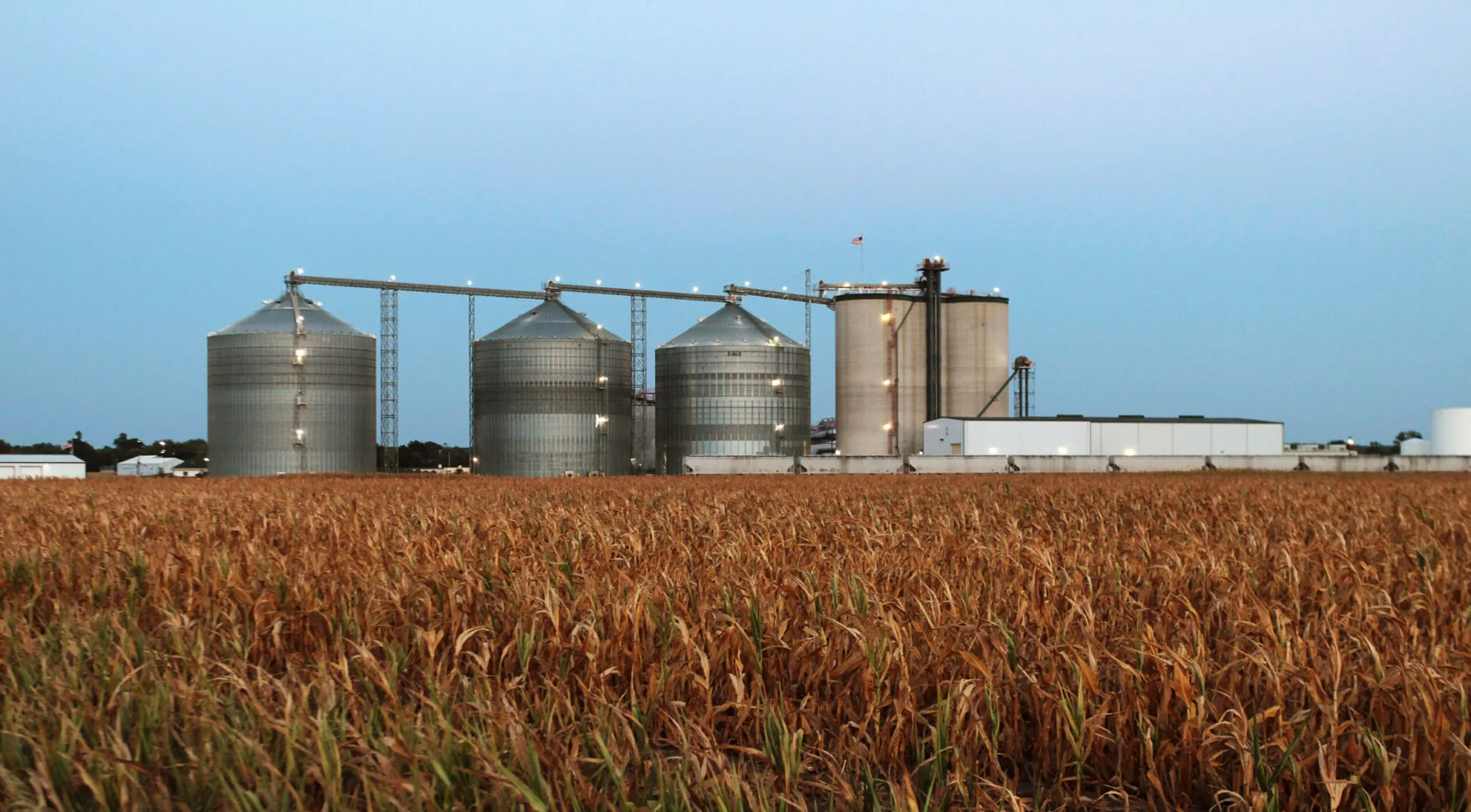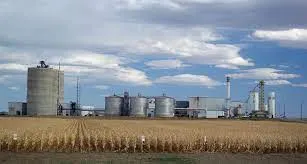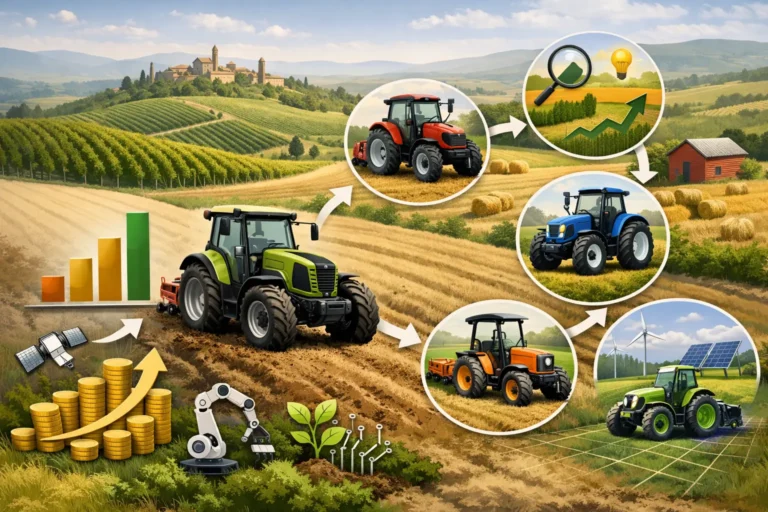
Mid America Agri Products/Wheatland (MAAPW) has reached a defining milestone in its sustainability journey with the start of carbon dioxide (CO₂) capture at its ethanol facility in Madrid, Nebraska. The captured CO₂ will be transported through Tallgrass’ Trailblazer Pipeline for permanent sequestration in Wyoming — marking the official launch of the pipeline’s CO₂ transport operations and positioning MAAPW as its first customer.
This achievement represents a significant step forward for both the ethanol industry and Nebraska’s broader agricultural economy. It not only signals a new chapter in carbon management and renewable fuels but also fulfills the longstanding vision of MAAPW’s late founder, Robert “Bob” Lundeen, whose pioneering spirit helped shape Nebraska’s ethanol landscape.
A Founder’s Vision Realized
For MAAPW, this project is more than just an environmental milestone — it is the realization of a decades-long vision grounded in innovation, sustainability, and community impact. Bob Lundeen, one of the early champions of ethanol production in Nebraska, believed deeply in the potential of the state’s farmers and the promise of renewable fuel technologies. His philosophy was simple but forward-thinking: ethanol’s future depended on continuous innovation and investment in cleaner, more efficient production methods.
“This achievement honors my father’s belief in acting boldly for the future,” said Tina Lundeen Smith, Chairperson of the Board and Executive Vice President of Business Development at MAAPW. “By partnering with Tallgrass on the Trailblazer project, we’re securing value for our employees, creating stable demand for local corn growers, and ensuring that the benefits flow directly into the community that supports us.”
Under Lundeen’s early leadership, MAAPW helped build the foundation for what would become one of Nebraska’s key biofuel operations. Today, the company continues to uphold that legacy by combining agricultural strength with environmental innovation — proving that local economies and global sustainability goals can move forward together.
Decarbonizing Ethanol Production and Strengthening Rural Economies
MAAPW’s participation in the Trailblazer CO₂ transport and sequestration project represents a strategic investment in the future of ethanol. The company’s new carbon capture capability significantly reduces the carbon intensity of its fuel, allowing its ethanol to compete more effectively in low-carbon markets across the United States and internationally.
“Trailblazer helps us make ethanol more competitive in low-carbon markets,” said Prestin Read, CEO of MAAPW. “It reinforces Nebraska’s ag economy by paving the way for new decarbonized markets and stronger rural economies. We are especially grateful for the hard work and leadership of our plant manager, Mike Kluthe, and for the dedication of our employees, whose commitment makes this achievement possible.”
By integrating carbon capture into its operations, MAAPW is not only responding to growing environmental regulations and market demand for sustainable products but also creating a model for other ethanol producers to follow. The move strengthens Nebraska’s role as a leader in biofuel innovation and rural economic development, with ripple effects across corn production, transportation, and clean energy sectors.
The partnership with Tallgrass also provides a stable and scalable pathway for carbon management. The Trailblazer Pipeline, originally a natural gas conduit, has been repurposed to transport captured CO₂ for permanent geological storage in Wyoming. This conversion highlights the growing potential of existing energy infrastructure to support carbon management at scale.
Tallgrass: Building a Carbon Management Backbone for the Heartland
For Tallgrass, the start of CO₂ transport on Trailblazer represents a major milestone in its long-term strategy to advance carbon capture, utilization, and storage (CCUS) infrastructure across the central United States. The company’s partnership with MAAPW demonstrates how collaboration between energy infrastructure firms and biofuel producers can accelerate decarbonization while driving rural investment.
“Thanks to the vision of Nebraskans like Bob Lundeen, the state is now positioned at the forefront of the biofuel industry,” said Alison Nelson, Segment President of CO₂ Business Development and Origination at Tallgrass. “We are incredibly proud to work alongside MAAPW and others across Nebraska to make large-scale carbon capture a reality and demonstrate how rural economies can thrive while setting the standard for global energy innovation.”
Tallgrass’ Trailblazer project exemplifies how legacy energy infrastructure can be transformed into assets for the clean energy transition. The pipeline now serves as a critical component in the emerging carbon management network of the Midwest, connecting ethanol producers, industrial emitters, and sequestration sites.
“This project strengthens the entire biofuels ecosystem,” added Kyle Quackenbush, Segment President of Commercial Operations at Tallgrass. “It enables the production of low-carbon, high-value fuels and feedstocks, while unlocking new markets for Nebraska’s products and new opportunities for its communities.”
Driving the Future of Carbon-Neutral Agriculture
MAAPW’s carbon capture milestone comes at a pivotal time for the ethanol sector. With growing pressure to reduce emissions across the transportation fuel supply chain, projects like Trailblazer are essential for maintaining ethanol’s competitiveness as a low-carbon alternative. Federal and state-level incentives, including tax credits under the Inflation Reduction Act, have further accelerated investment in carbon capture and sequestration projects.

For Nebraska, where agriculture forms the backbone of the economy, integrating carbon management with biofuel production promises multiple benefits. It supports local corn growers through consistent demand, attracts new green investment to rural areas, and aligns the state’s agricultural sector with national and global climate objectives.
MAAPW’s leadership in this space also reflects a broader trend toward circular and regenerative systems in agriculture and energy production. By capturing CO₂ that would otherwise enter the atmosphere, the company not only lowers its environmental footprint but also contributes to the long-term sustainability of farming communities and regional ecosystems.
A Model for Innovation and Collaboration
The success of MAAPW’s carbon capture initiative underscores the power of collaboration between local visionaries and forward-thinking infrastructure partners. It’s a story rooted in Nebraska’s agricultural heritage yet aimed squarely at the future — one where ethanol plays a central role in global efforts to decarbonize transportation and energy systems.
Through its partnership with Tallgrass, MAAPW is proving that small, community-based companies can lead on climate innovation while staying true to their agricultural roots. The project’s impact will extend beyond the ethanol plant in Madrid, Nebraska — serving as a model for other producers across the Midwest looking to integrate carbon management into their operations.
As the first customer on the Trailblazer CO₂ pipeline, MAAPW has set a precedent for the next generation of ethanol production — one defined by efficiency, sustainability, and resilience. The company’s achievement embodies the vision of Bob Lundeen, whose belief in “acting boldly for the future” continues to guide Nebraska’s path toward a cleaner, more prosperous agricultural economy.





